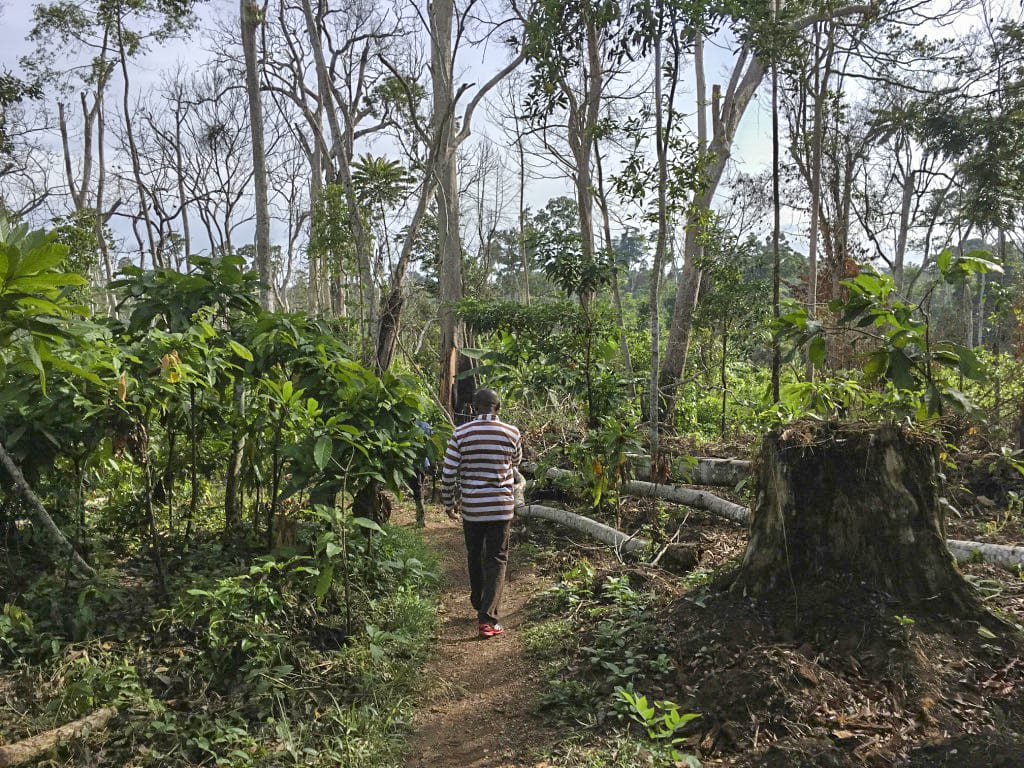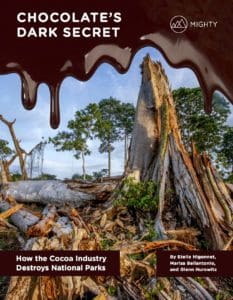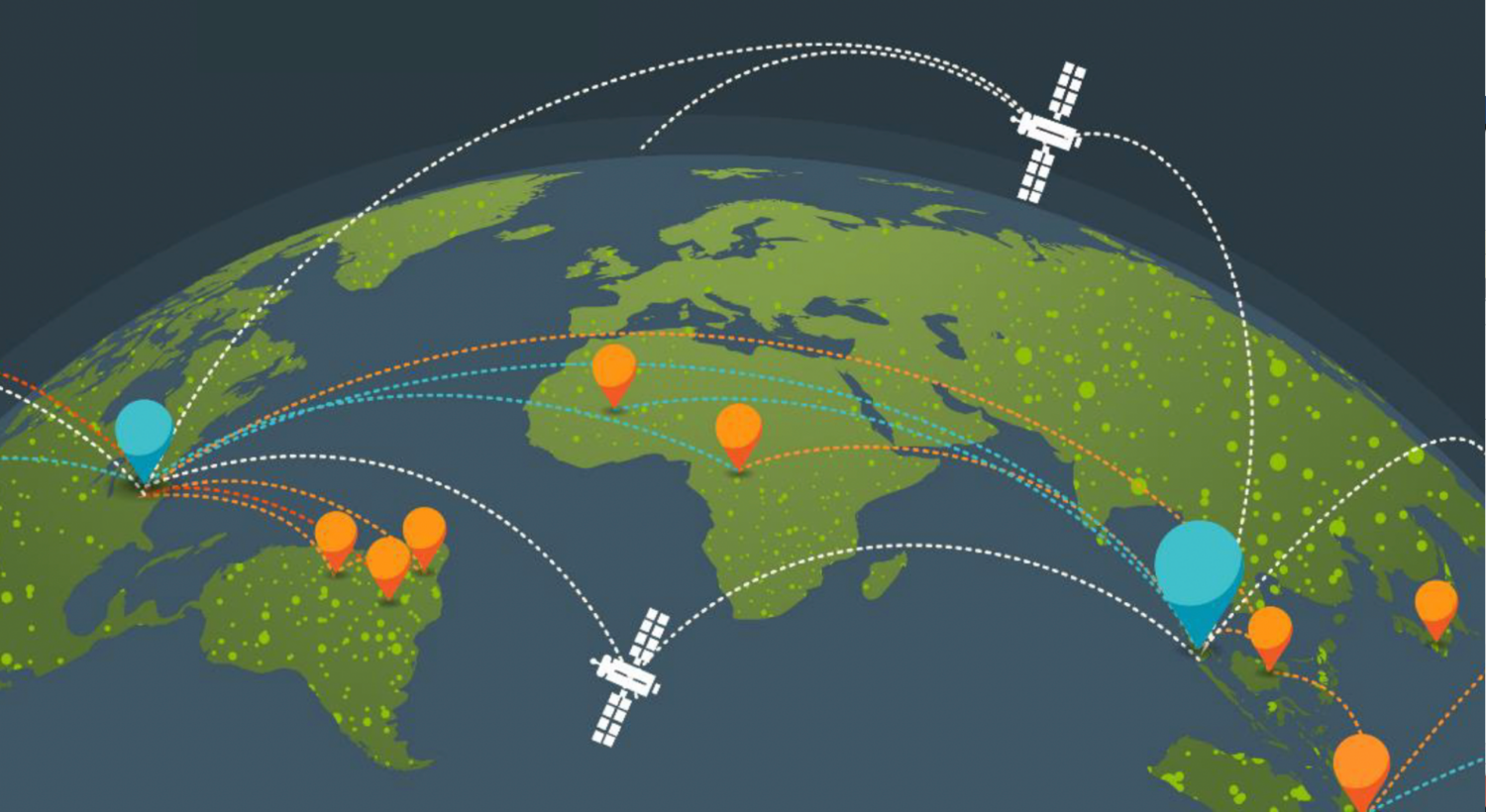
Today’s Big Chocolate Industry Announcement – What It Means
Statement of Etelle Higonnet, Mighty Earth Africa Director
BONN, Germany, November 16- After a bitter past, the chocolate industry is off to a sweet new start when it comes to protecting forests, as it agreed today to end deforestation for cocoa in West Africa.
By promising to end forest destruction and restore previously destroyed areas, there’s finally new hope for a living future for the wildlife of West Africa.
This framework comes after Mighty Earth’s investigation into the cocoa industry in Ivory Coast and Ghana, which found that cocoa production is driving massive deforestation and environmental destruction, including inside protected areas like national parks and in some of the last chimpanzee and forest elephant habitat in West Africa.
Today’s announcement represents the start of this work, not its end. More than 90 percent of Ivory Coast’s forests are already gone, and 7,000 square kilometers of Ghana’s forests were cleared between 2001 and 2014. Elephants, chimpanzees and some spectacular but little known species of monkeys have been pushed by the chocolate industry into tiny remnant patches. There is a lot of work indeed to be done before consumers can feel good again about consuming some of their favorite chocolate brands.

But consumers and West Africans can at least know that the chocolate industry and their governments are finally setting about the task in a serious way.
Today’s pact is a signature accomplishment for a true forest hero, the Prince of Wales. Prince Charles’ longstanding and profound commitment to rainforest conservation has translated into an initiative that may be remembered years from now as the moment West Africa’s forests began to grow back.
Of course, this breakthrough was a team effort. A plan of this ambition would simply not have been possible without the involvement of the Ghanaian and Ivorian governments, the steadfast labors and creativity of IDH, the sustainable trade initiative, and the World Cocoa Foundation. The chocolate industry heard the voices of hundreds of thousands of consumers around the world who want to be able to feel good about their guilty pleasure. West African governments are listening to their citizens who want their natural heritage protected and restored. Thank you to the Arcus Foundation whose support made this work possible.
These good intentions must now translate into real action on the ground on a rapid timeline. In particular, the highly profitable companies that have sourced cocoa from national parks and protected areas for years need to make a sizable financial contribution to restoring these precious areas. This is an 100 billion dollar a year industry and the cost per company of doing the right thing would be a small fraction of a percent of their annual revenue. We’ll be watching to make sure this happens.
As an immediate next step, the chocolate industry must announce that it will extend its commitment to No Deforestation Cocoa to chocolate production around the world. It’s great that the industry is taking steps to protect chimpanzee habitat in Ivory Coast, but that doesn’t mean anyone wants to eat a chocolate bar that killed an orangutan in Indonesia or a sloth in Peru.
Finally, the widespread use of pesticides in the cocoa industry has significantly impaired waterways, and threatened the health of local communities. The industry should reinforce its commitment to its workers and the communities who live near cocoa by banning hazardous pesticides, and moving quickly toward organic, shade-grown systems.


